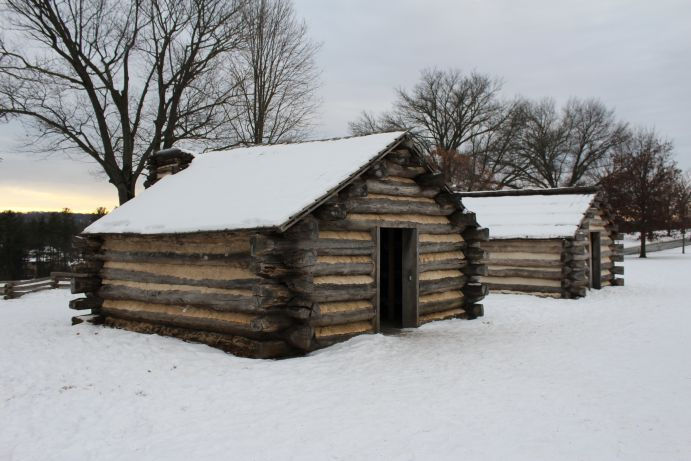If I Did an Oral History: A Biographical Interview with Anneliese Abbott
- Anneliese Abbott

- Sep 29, 2023
- 3 min read

When I do oral history interviews with people, I always ask off the recording if they have any questions for me. And what they usually want to know is who I am, what my research project is about, and what got me interested in studying the history of organic farming.
That got me thinking. If I’m going to ask people personal questions about their background in agriculture, philosophies, and politics, I should subject myself to the same scrutiny. So I’ve taken the time to interview myself, so to speak, using the same questions that I ask all my oral history narrators. The full interview is available on the “Meet Anneliese” page of my website. But if you don’t have time to read the whole thing, here are some of the highlights:
Did you have any connection with agriculture when you were a child? Yes! My mom always gardened, and I’ve got pictures of me out in the garden when I was only two years old. When I was 11 we moved to a 10-acre farm (we now have 20 acres) and started homesteading. We got honeybees, goats, chickens, turkeys, and expanded the garden.
What got you interested in organic/sustainable agriculture? As a teen I was involved in the Kalamazoo Bee Club and the local food movement in the greater Kalamazoo area. I got incredibly interested in sustainability, local food, and in trying to use as little fossil fuel energy as possible.
When and where did you go to college? What did you study? I started at The Ohio State University in 2013 and finished my bachelor’s degree in Sustainable Plant Systems in 2016. It was basically an agronomy/horticulture degree, and I minored in soil science. While I was at OSU, I started the research on Malabar Farm that eventually turned into a book.
What did you do after college? I moved back home and started a 10-share CSA on our family farm. I also continued work on my Malabar research, started writing articles for Acres U.S.A., and finally got my Malabar Farm book published in December 2021. I started grad school at the University of Wisconsin-Madison in fall 2020. I finished my master’s degree in Environment and Resources and Agroecology in 2022 and moved back to my family’s farm in Michigan.
What is your philosophy of organic farming? My farming philosophies are intricately intertwined with my creationist Christian worldview. I believe that God created the world and gave humans the responsibility of being good stewards over the rest of creation. That includes working with natural processes to create and maintain healthy soil, plants, animals, and people.
Were you involved with any social or political movements that overlapped with your organic farming interests? I consider myself a political moderate and try my best to write fairly about people from all different political persuasions.
Is there anything else you would like to share before we end this interview? I’ve been honest and up-front about my personal beliefs and philosophies. I hope that this honesty will not turn anyone with different beliefs away. My goal is to present all of the ideological diversity of organic farming fairly, without disparaging viewpoints that differ from my own. I believe that we can all learn a lot from people who have different beliefs, if we are willing to listen thoughtfully.



I farm in Ontario just north of the border and lake Erie. I owned a small glider workshop in Marion Ohio where I visited The Malabar farm and purchased one of Louis Bromfields books. The whole experience of the visit was very emotional and I did not know why. Since then I have got my own farm near Straffordville Ontario.. and like Louis Bromfield got land that was extremely poor so about 8 years later we are finally making better soils.
matsfineoils dot com is our internet site which records our progress or lack of progress. This is not an easy life especially at 75 years old! Thanks -mat